A judge presiding over Donald Trump’s arraignment in a Manhattan courthouse Tuesday afternoon has denied a request from several media outlets to allow cameras to cover live courtroom proceedings, according to court documents.
New York Supreme Court Judge Juan Merchan said the court would allow a “limited number” of videographers, photographers and radio journalists to be present but denied the motion to allow photos or live video during the court session.
However, five pool photographers will be allowed to take pictures for several minutes before the hearing begins.
In his ruling, Judge Merchan said he considered “all relevant factors” — which included whether the camera coverage would “interfere with the fair administration of justice… with law enforcement activity, the objections of the Defendant; and limitations related to the physical structure of the courtroom” — but ultimately denied the motion.
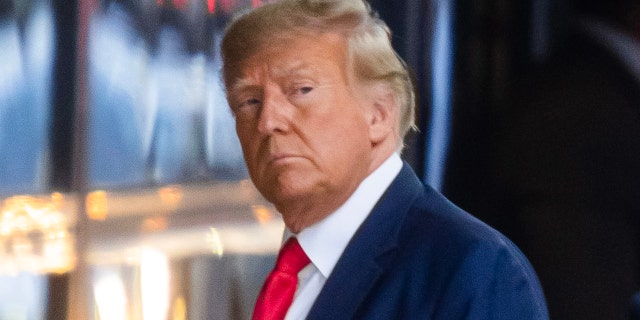
He ruled that the integrity of the court’s impartiality outweighed the “monumental significance” of the case and the “unparalleled public interest” it has generated.
Merchan went on to affirm that members of the media will be allowed to enter the courtroom, but electronic items like cellphones would not be permitted.
“The use of cellphones, laptops or any electronic devices will be strictly prohibited in the courtrooms. Any such devices will have to be turned off and secured outside of public view while in the courtrooms,” he wrote.
In the ruling, Merchan said cameras could be used in the hallway of the building. He also approved the use of two overflow rooms for additional seating, which was another request from media members.
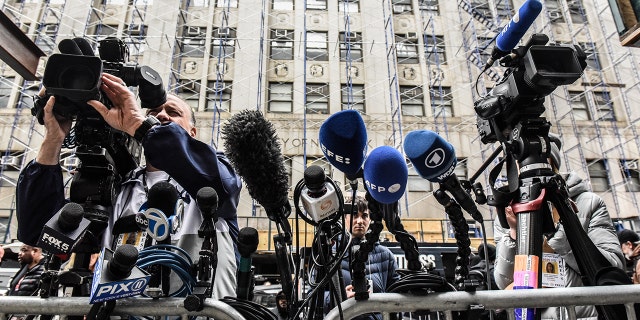
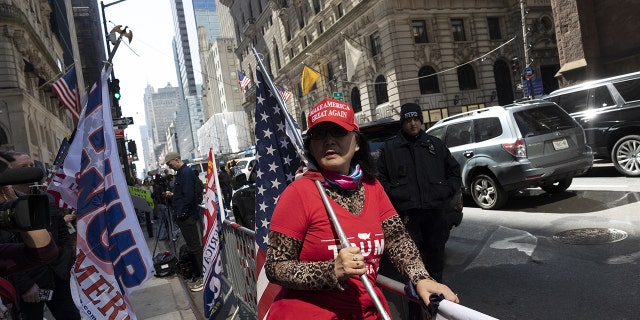
Trump landed in New York on Monday. His arraignment is scheduled for 2:15 p.m. Tuesday.
In his reasoning, Merchan said Trump’s arraignment has “unparalleled public interest and media attention” and “that this indictment involves a matter of monumental significance [that] cannot possibly be disputed.”
“Never in the history of the United States has a sitting or past president been indicted on criminal charges,” he added.
“The populace rightly hungers for the most accurate and current information available,” Merchan continued. “To suggest otherwise would be disingenuous.”
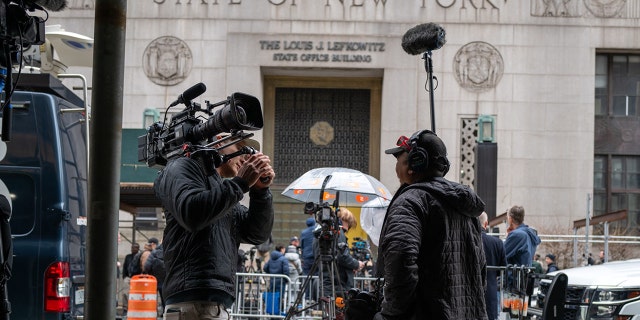
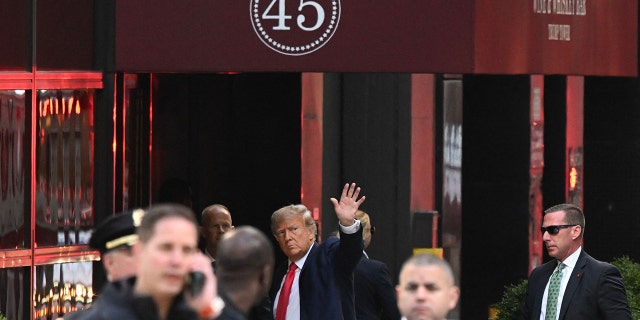
“Understandably, the News Organizations want to fulfill their responsibilities and argue that obtaining the broadest possible public access helps advance that mission. Unfortunately, although genuine and undoubtedly important, the interests of the News Organizations must be weighed against competing interests. This Court is now called upon to engage in that balancing exercise.”
In the request, District Attorney Alvin Bragg, on behalf of the people of New York, argued the presence of cameras in the courtroom “raises a number of concerns.”
Among those concerns included “the prejudicial impact of pretrial publicity on the jurors, the impact on the truthfulness of the witnesses, responsibilities placed on the trial judge to assure a fair trial and the impact on the [defendant],” court documents show.
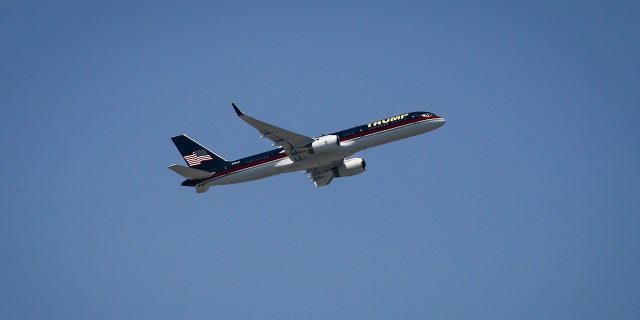

Merchan was first appointed to the New York State Court of Claims by Democratic Gov. David Paterson in 2009. He then began serving as an acting justice on the New York Supreme Court that same year.
The details of Trump’s indictment are still unknown because they are under seal until the arraignment takes place.
A potential guilty verdict in the case would not prevent Trump from running for the White House in 2024.

